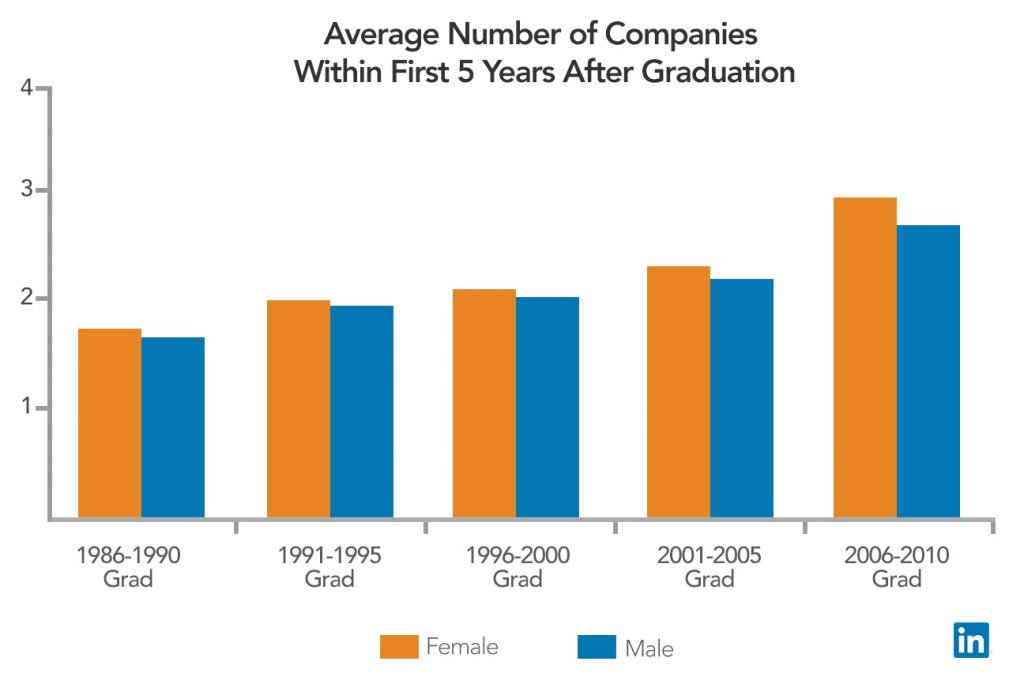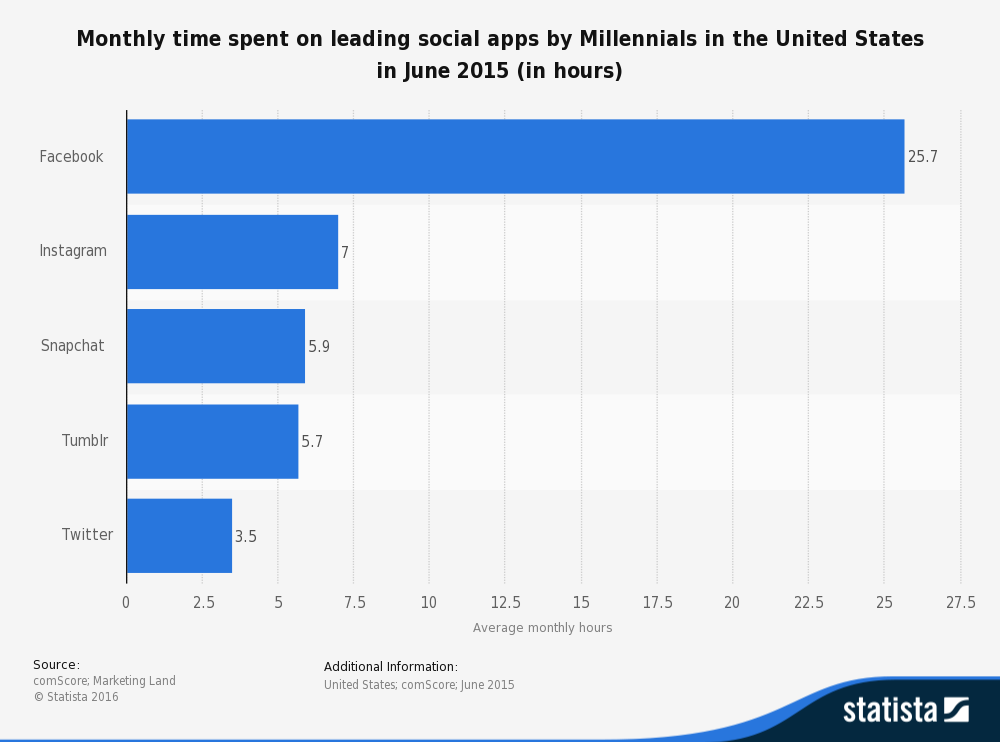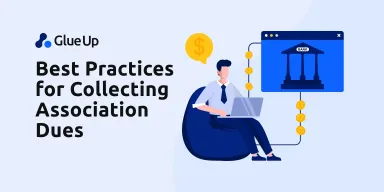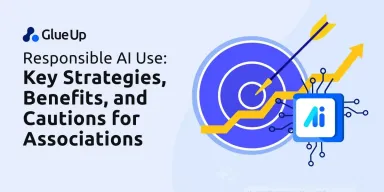
Millennials will represent half of the US workforce by 2020, and grow to 75% of the world's workforce by 2030. While your association might be thriving full of Generation X-ers right now, those days are numbered. Therefore it is time to ask how to make millennials a key part of your association.
If you don't create a millennial membership base, your association is a ticking time bomb.
But millennials are fundamentally different from previous generations, which is why it's a challenge to get them involved. 59% of millennials describe their generation as self-absorbed, in comparison to only 30% of Gen X.
It might seem that this would make millennials stay far away from associations (why would they want to join a group when they only care about themselves?), but it actually makes them ideal members. Here's why.
Millennials should love your association
When a Generation X-er thinks about their first job, they might think about trying to climb the company's corporate ladder, but a new study from LinkedIn shows that millennials average 4 job changes by the time they're 30.

Because they might not be sticking around at one company for long, joining an association is the ideal way to network, build skills, and carve the path they think is right for them. Millennials love to invest in themselves.
65% of millennials said that personal development is the most important factor at their current job, and your association offers those services. It's a natural fit.
For example, a corporate lawyer who wants to enter public service would have a hard time finding a new job—most of his connections are at his current firm. It's hard to get a public service job without a personal relationship, but the New York Bar Association could help him expand his network. The association also offers professional development workshops, like “How to Become an Assistant District Attorney,” which could at least set him on the right track to make the shift.
Marketing: Meet millennials on their turf
Social media has already beaten out the email as the top Internet activity, and our time spent on it is only increasing. Millennials use it even more. Millennial social networkers spend an average of 25 hours per month on Facebook—and that's only on mobile devices. Because of its prevalence, social media has become a primary source of communication for friends, family, and advertisers alike.
 focus group in Southern California, there was one thing millennials truly hated: when marketers tried too hard to get their attention. One participant requested, “Entertain me, make me happy, capture my attention, speak to my conscious and then leave me the heck alone."
focus group in Southern California, there was one thing millennials truly hated: when marketers tried too hard to get their attention. One participant requested, “Entertain me, make me happy, capture my attention, speak to my conscious and then leave me the heck alone."
Engage: Make Millennials a Key Part of Your Association
It's not enough just to develop a social media presence. You can't just broadcast information, you have to engage. People don't want to feel like they're being bombarded with spam. They want to see the human side of your association. When someone comments that they're interested in something, reply. Create an event so that other members can see who's attending. So they can see who they know, and who they might meet.
For example, Facebook groups are community-driven. Members can invite each other to events such as after-work networking cocktail. The engagement comes from the bottom up, instead of from some nebulous marketers.
Finally, Engaging: How to keep your members involved
75% of millennials feel that their employers could put more focus on inspiring and developing future leaders. Millennials want to become those leaders, and they don't think their employers are teaching them well enough. They need associations like yours to do it.
You know why your unique association is valuable to its members. You know your mission, and you know your success stories. Millennials want the same kind of success. Once you get them to join, keeping them engaged is about keeping them informed on what you offer. Now you know that there are new communication channels you need to use to do so.
Millennials want you to help them become our future leaders. Come 2030, your industry will be thanking you.



